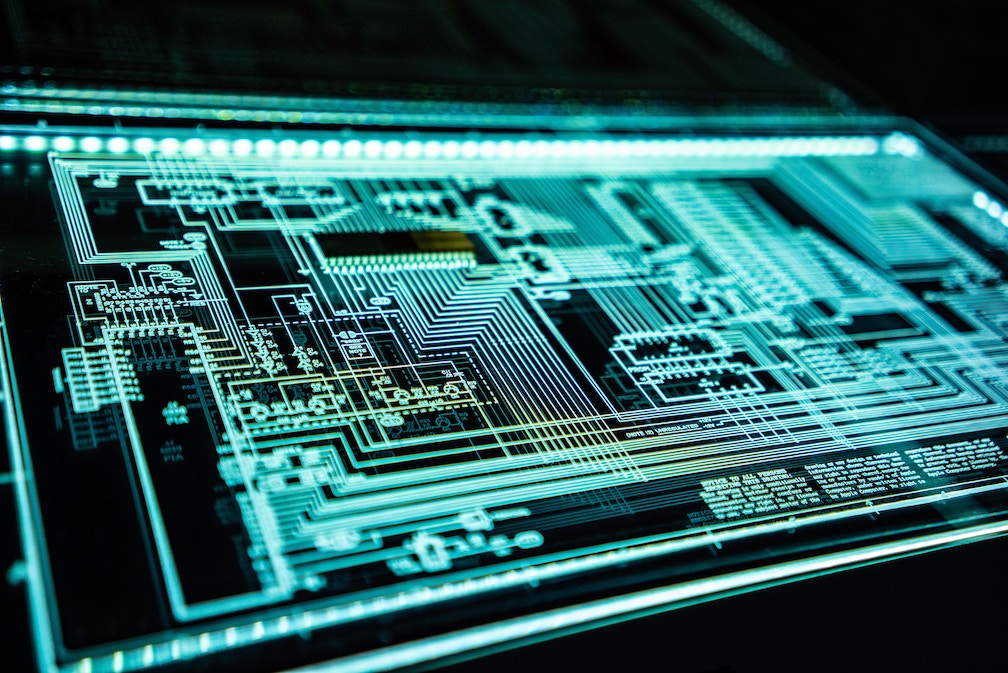The Role of Artificial Intelligence in Modern Security Systems
- Written by Business Daily Media

As we dive deeper into the 21st Century, technology continues to evolve at a staggering rate. One area where these technological advancements are having a transformative impact is in the realm of security systems. Traditional security approaches are rapidly giving way to more intelligent, dynamic, and proactive systems. This paradigm shift is largely attributable to the emergence and maturation of Artificial Intelligence (AI).
But what exactly is the role of AI in modern security systems?
Understanding AI in Security Systems
AI is a broad term that encompasses a myriad of technologies, but at its core, it revolves around machines being able to imitate human intelligence. In security systems, AI can manifest itself in various ways, including machine learning, facial recognition, and predictive analytics. These features have transformed security systems from passive observers into active participants in maintaining security.
Predictive Analytics
Predictive analytics harness the power of AI to analyse large amounts of data and predict future events based on this analysis. Security systems with predictive analytics can identify patterns in suspicious behaviour and predict potential security breaches before they occur. This ability to anticipate threats makes predictive analytics a potent tool in modern security systems.
Facial Recognition
Facial recognition is another area where AI is significantly impacting security systems. Modern security cameras equipped with AI can now identify and verify individuals in real-time, providing an additional layer of security. This technology has particularly transformed the surveillance industry, with applications ranging from public safety to access control in buildings.
AI and Modern Security Systems: A Powerful Duo
AI has moved modern security systems far beyond the traditional alarms and surveillance cameras. Now, these systems can predict, identify, and even respond to threats without the need for human intervention. This development significantly improves the effectiveness of security systems and allows for a more proactive approach to security management.
When it comes to security systems installation in Melbourne, the adoption of AI technology is prevalent. Homeowners and businesses alike are choosing to upgrade to AI-powered security systems for their superior protection capabilities.
Consider the case of a residential security system equipped with AI. Not only can the system alert homeowners of an intrusion, but it can also identify whether the intruder is a familiar face or a potential threat. It can then take the appropriate action, such as notifying the authorities, alerting the homeowner, or even initiating lockdown protocols.
What’s Next?
As AI continues to advance, its role in modern security systems is set to increase. Whether it's through predictive analytics, facial recognition, or other AI technologies, these security systems are becoming more proactive, effective, and intelligent. While AI cannot fully replace the need for human involvement in security management, it's clear that its presence significantly enhances our ability to secure our homes and businesses.







